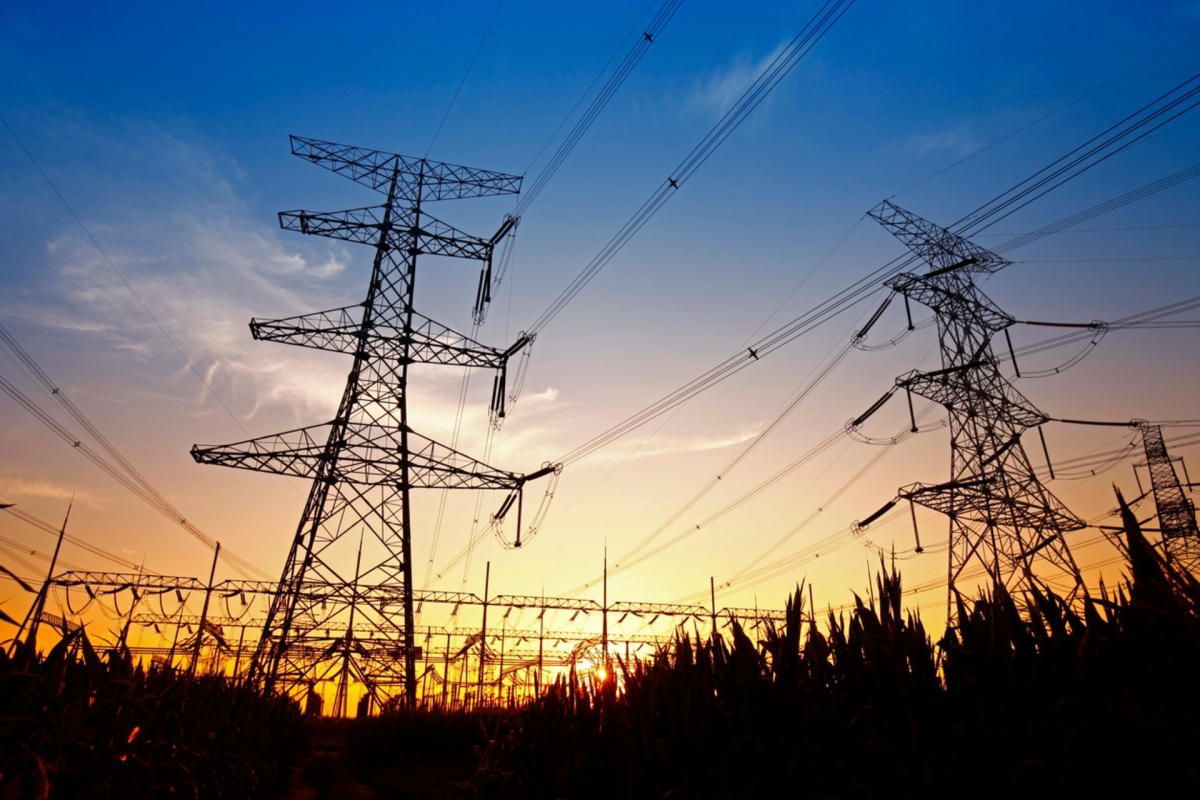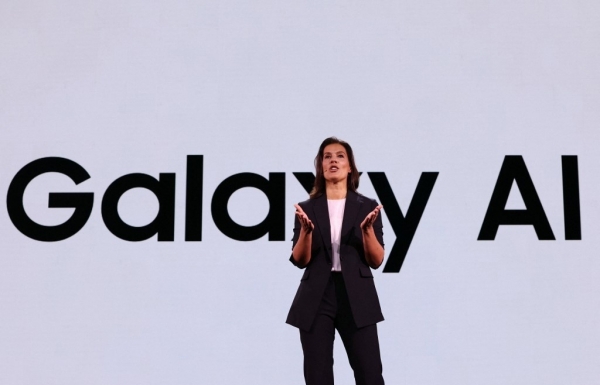“In this heat, it just had to happen”

If you have air conditioning at home, you know it’s a lifesaver during heatwaves.
However, as more people seek to cool off, the already overburdened energy grid will be subjected to even greater strain. This can lead to power outages, which in turn will force people to contend with extreme heat.
Several Balkan countries were struggling with such a problem in June 2024.
What happens?
Montenegro, Bosnia, Albania and large parts of the Croatian coast were without electricity during a heatwave in June, Reuters reported.
When temperatures in southeastern Europe reached 40 degrees Celsius, residents resorted to air conditioning and other electrically powered cooling mechanisms.
However, the increased electricity demand and the heat load on the energy systems led to the grid being shut down.
Watch now: Climate scientist refutes misconception that burning wood pollutes the environment more than burning dirty energy
“It was inevitable in this heat,” 24-year-old student Gentiana told the news agency.
Why is the impact of heat on electricity supply a concern?
While utilities in the four countries said power had largely been restored by early evening, being without household energy at any time during a heatwave can be dangerous.
According to the World Health Organization, heat stroke is a medical emergency with a high mortality rate, while heat stress can worsen cardiovascular disease, diabetes, mental illness and asthma.
According to the WHO, between 2000 and 2019, around 489,000 people died each year from heat-related illnesses. Almost half of these deaths occurred in Asia.
As our planet’s temperature rises due to human-caused global warming – exacerbated by food, energy, transportation, industry and others – the likelihood of extreme weather events such as heatwaves increases and the dangers multiply.
That’s why communities often offer cool zones, such as schools or public libraries, so that residents can use air-conditioned rooms when it’s very hot. People over 65 are particularly at risk, the WHO found.
How can you protect yourself during a heatwave?
To reduce the risk of heat-related illness, drink plenty of water, stay in the shade and avoid strenuous activities.
While air conditioning is helpful, it can contribute to a vicious cycle of increased energy pollution that leads to more heat events and puts strain on energy grids. That’s why community cooling zones can help by preventing individual units from running at full speed, thus providing cooling to multiple residents.
Using renewable energy can reduce the pressure on energy suppliers. Solar panels or small wind turbines can relieve the strain on the grid and provide effective cooling. Heat pumps also use significantly less energy than conventional air conditioning systems and can still keep your home just as cool – and you can save money on your energy bills.
Reducing pollution is essential in the bigger picture. Consider leaving your car at home and cycling to work or eating more plant-based meals to reduce the need for meat from highly polluting agriculture.
Subscribe to our free newsletter for cool news And cool tips that make it easy help yourself and help the planet at the same time.
Related Posts

Samsung presents AI despite strike problems
1720083429-0/Despicable-Me-4-(1)1720083429-0.jpg)
